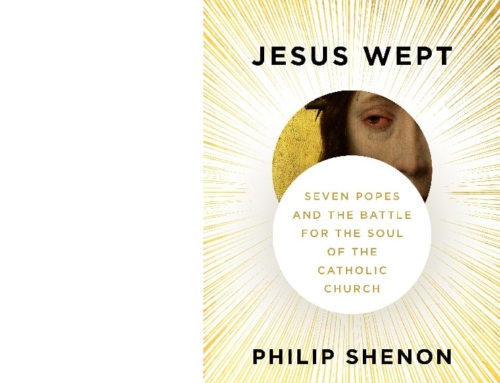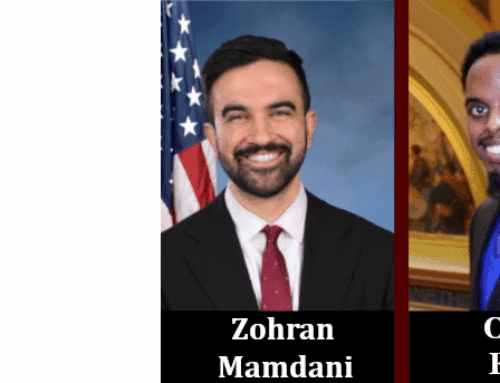June 27, 2025
The Supreme Court ended its session by rendering three decisions that have the effect, if not the specific intent, of protecting the best interests of parents and children. Those who ascribe to traditional moral values will find much to celebrate.
The Supreme Court ruling upholding the right of South Carolina to withhold funding from Planned Parenthood in its Medicaid program was decided on technical legal grounds, but its ramifications are much broader.
Justice Neil Gorsuch wrote that the Medicaid law doesn’t include a “clear and unambiguous notice of an individually enforceable right.” This is significant but what is really important is that the Planned Parenthood game of saying it is not simply an abortion provider is over. The reason this case was brought in the first place had to do with the South Carolina governor deciding that because money is fungible, Planned Parenthood could use Medicaid funds to pay for abortions. With this decision, other states will not follow suit, the net effect being a win for those who want to curb abortion and stop back-door public funding of it.
Many religious parents, in particular, do not want to subject their children to the pro-gay and lesbian agenda, and they certainly object when schools force their children to abide by it. Their rights were affirmed by the high court decision to allow parents to direct their children to opt-out of so-called LGBT-themed books.
Writing for the majority, Justice Samuel Alito said, “We have long recognized the rights of parents to direct ‘the religious upbringing’ of their children. And we have held that those rights are violated by government policies that substantially interfere with the religious development of children.”
Religious parents also objected to those who sought to deny age verification to access pornography. Advances in technology and the rise of the internet have meant that minors have easier access to pornographic websites than in previous years.
The Supreme Court underscored the right of parents to protect their children from pornography. Justice Clarence Thomas said, “The power to require age verification is within a State’s authority to prevent children from accessing sexually explicit content.” Thus, the Texas law that requires age verification was affirmed.
The rights of parents and children are under attack, and this is especially true of the rights of religious parents and children. Those leading the attack are secular militants, the most intolerant of all Americans. The good news is that their morally debased agenda took a serious hit with these three Supreme Court rulings. Alleluia!









